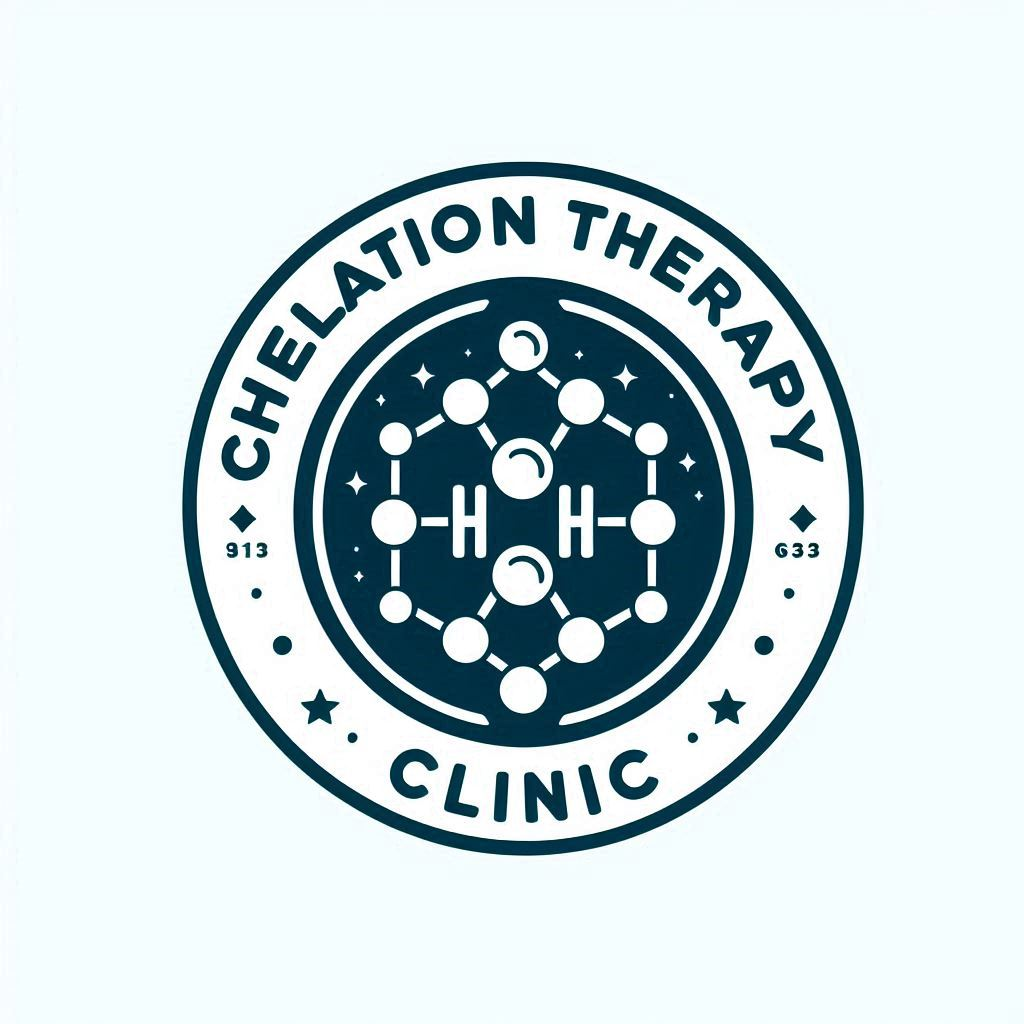Your cart is currently empty!
Heavy Metal Detox

A heavy metal detox refers to the process of eliminating or reducing the levels of heavy metals from the body, which may have accumulated due to environmental exposure, dietary intake, or other sources. Heavy metals, such as lead, mercury, arsenic, cadmium, and others, can be toxic when present in excessive amounts in the body. Detoxification methods aim to facilitate the removal of these metals, promoting overall health and well-being.
Here are common elements associated with heavy metal detox:
- Chelation Therapy:
- Chelation therapy is a medical procedure that involves heavy metal detox and use of chelating agents, substances that bind to heavy metals and help the body excrete them. This therapy is typically administered under the supervision of healthcare professionals. It is considered to to be one of the best heavy metal detox.
- Dietary Changes:
- Adopting a diet rich in nutrients that support the body’s natural detoxification processes is a common approach. Foods high in antioxidants, fiber, and certain vitamins and minerals can aid in the elimination of toxins.
- Hydration:
- Drinking an adequate amount of water is crucial for supporting the heavy metal detox, and body’s natural detoxification pathways. Hydration helps flush toxins, including heavy metals, through urine.
- Nutritional Supplements:
- Some individuals may choose to take supplements with purported detoxifying properties, such as those containing chlorella, cilantro, or other substances. However, the use of supplements should be approached cautiously and preferably under the guidance of a healthcare professional.
- Sauna Therapy:
- Sweating induced by activities like sauna therapy is a great heavy metal detox, it can assist in eliminating toxins, including heavy metals, through the skin. Sauna sessions are considered a complementary approach to support detoxification.
- Avoidance of Exposure:
- Identifying and minimizing exposure to sources of heavy metals in the environment is an essential aspect of detoxification. This may involve choosing organic foods, using water filters, and being mindful of potential occupational exposures.
It’s crucial to approach heavy metal detox with caution and under the guidance of a healthcare professional. Individualized plans, considering a person’s health status and potential metal exposure, are essential for a safe and effective detox process.
